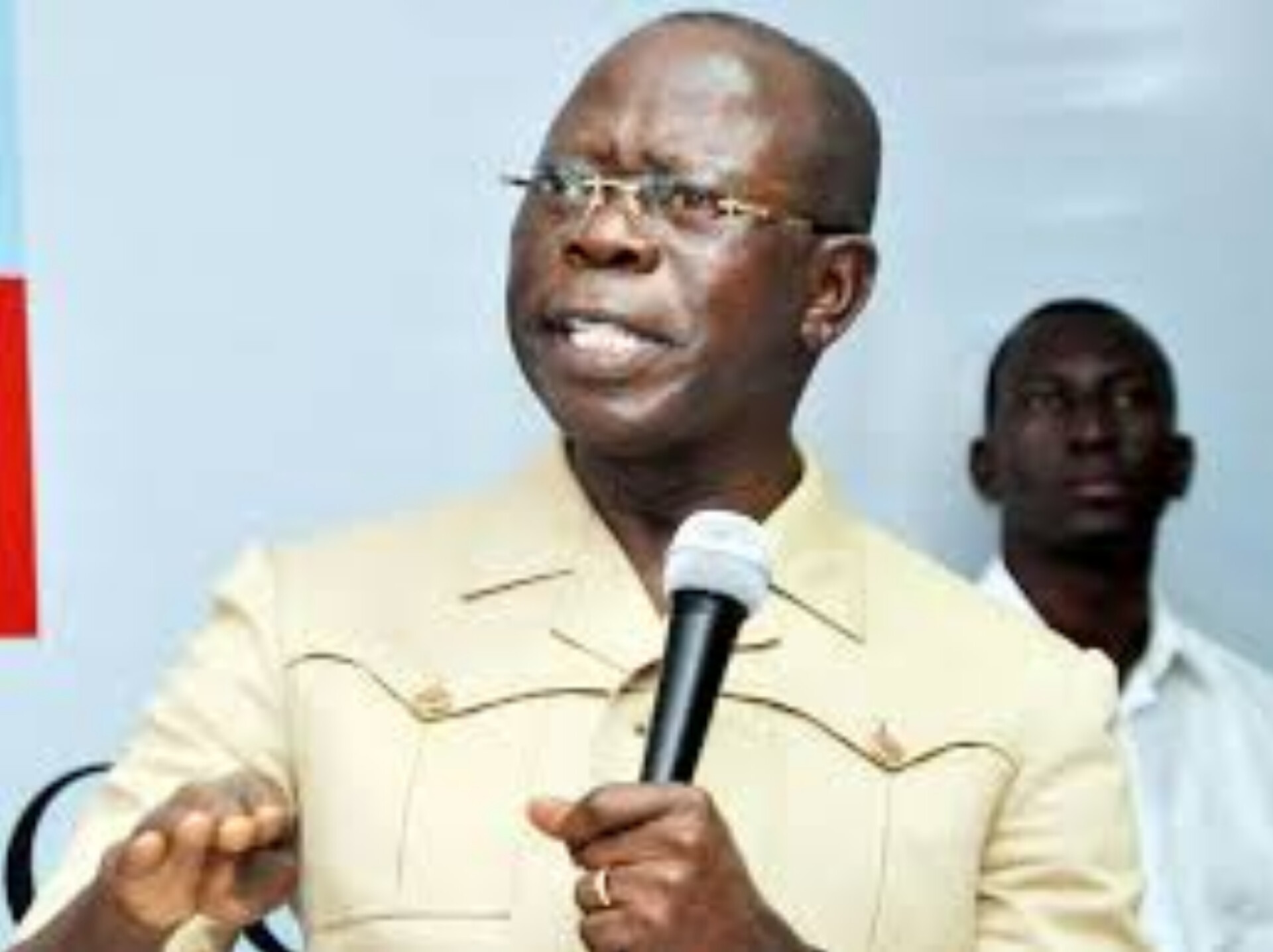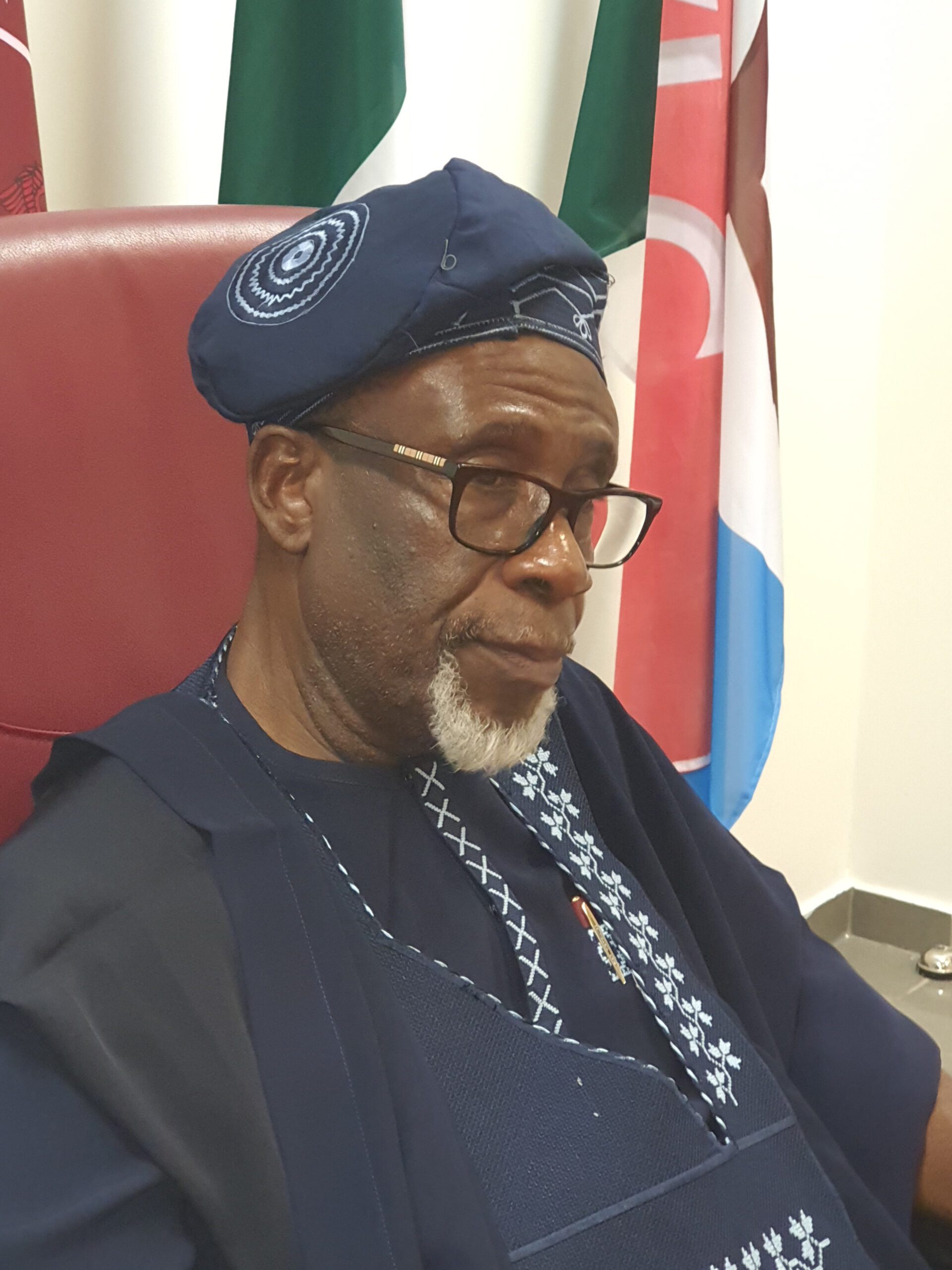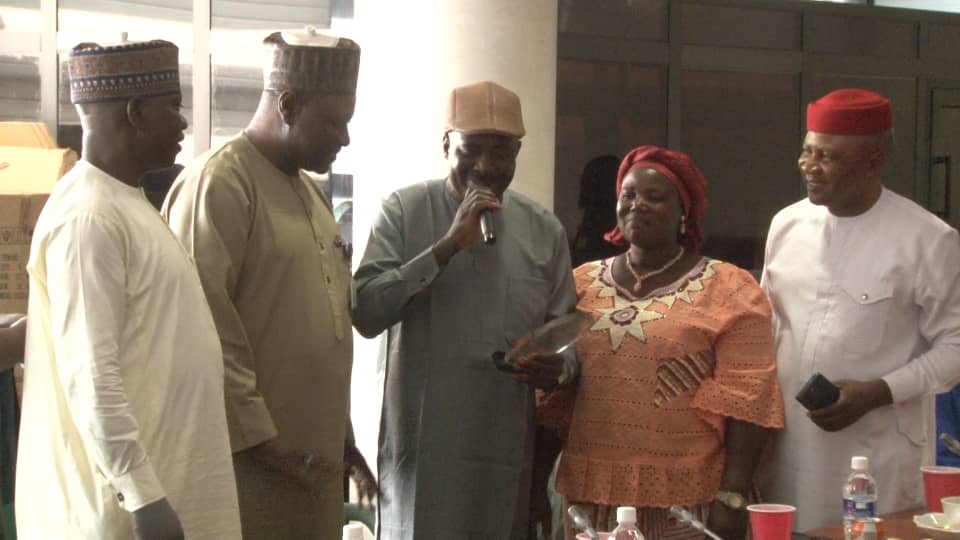***As lawmakers tackles Minister on issuance
****Alleges foreign prisoners are being smuggled into Nigeria as contruction workers
The Ministry of Interior has generated N1.195billion from January to October this year thereby surpassing its budgetary target of N600million revenue from issuance of expatriate quotas in the 2023 fiscal year

The National Assembly however through its joint committee of the Senate and House of Representatives on Interior, took up the ministry on issuance of the expatriate quotas, which it says, served as avenue for stealing jobs from Nigerians in Nigeria by expatriates.
Merit and demerits of issuance of the expatriate quotas by the Interior Ministry to deserving foreign companies, came up during budget defence session which the Minister of the Ministry, Hon Olubunmi Tunji – Ojo had with the joint Committee on Interior on Wednesday.
The Minister in his presentation indicsted that in 2022 and outgoing 2023 fiscal years , the Ministry surpassed its budgetary revenue projections on expatriate quotas and marriages.
He specifically told the panel that in 2023, while N600m was targeted as revenue to be generated from issuance of expatriate quotas to deserving foreign firms in the country, N1.195billion, has been generated as at October 31, 2023.
“Aside the projected revenue from expatriate quotas that had been surpassed by about N600m extra, the N380million projected revenue from marriages, has also been surpassed by over N500m with N892.774m realised as at October 31, 2023”, he said.
But the Chairman of the joint committee, Senator Adams Oshiomhole (APC Edo North), told the Minister that while it is heartwarming that the Ministry surpassed its revenue targets on issuance of expatriates quotas but the policy is giving room for expatriates to takeover jobs meant for Nigerians in Nigeria.
“Your Ministry needs to regulate issuance of the quotas very well as i have on good authority that prisoners from foreign land are working in Nigeria as construction workers .
“This is even different from the age long fraud the oil companies have been carrying out in the country through the policy of expatriate quotas by making our own qualified engineers to work under foreign technicians.
“Many non Nigerians are in the country, some of them live inside containers. I even believe and dare say it that there are foreign prisoners who are working in Nigeria. They were shipped to our country to serve their prison terms.
“They were being paid according to their country’s minimum wage by the construction industry that brought them. I don’t want to mention the company’s name but if I am provoked, I will mention them.
“Honourable Minister, this is a serious issue, prisoners are not expected to work in their countries if the product or whatever they engage in is meant to be exported”, he said.
But the Minister in his response, assured the committee members that the Ministry had already come up with project for job protection for Nigerians .
The project according to him , is Expatriate Employee Network (EEN) primarily aimed to safeguard jobs meant for Nigerians from been stolen by expatriates and also prevent expatriate workers from evading tax payment in Nigeria.




